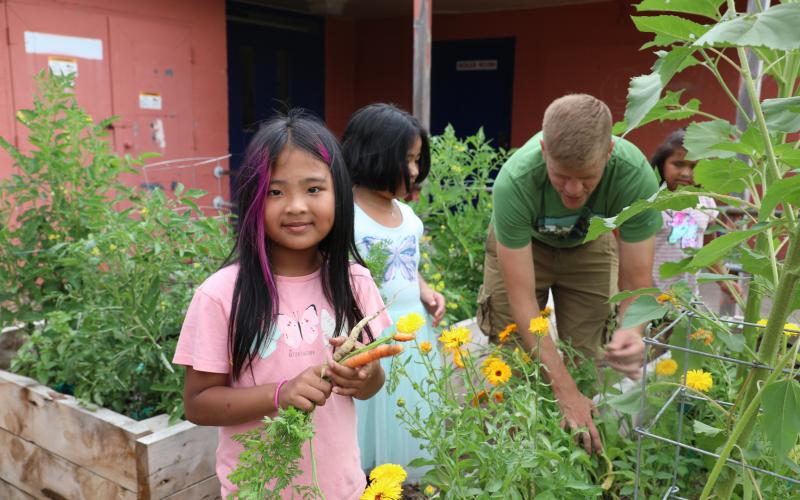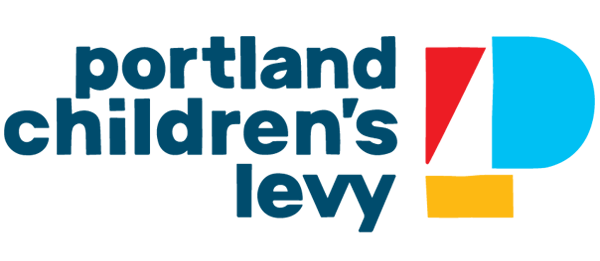Submitted by pcl_admin on

City Council voted unanimously on Feb. 15 to refer a renewal of the Portland Children’s Levy to the May 16 special election ballot for voters to consider.
The Children’s Levy invests $23 million annually in grants for community-based programs that support children, youth and their families so children arrive at school ready to learn, succeed inside and outside of school, and that eliminate racial and ethnic disparities in children’s outcomes.
The levy supports about 90 programs serving approximately 10,000 children and youth annually in early childhood, child abuse prevention and intervention, foster care, hunger relief, and after school and mentoring programs.
The measure would not raise taxes and would renew the current rate of $0.4026 per $1,000 in assessed value. If approved, the measure would extend the end date of funding by five years to June 2029.
Voters first approved the local-option levy in 2002 and have renewed it three times in 2008, 2013 and 2018.
At least 95% of funding goes directly to grants. Funded programs must be cost-effective and have a proven record of success. Grants are awarded through a competitive process shaped in part by community engagement. Investments are overseen by the Allocation Committee and are subject to annual audits.
Approximately 75-80% of children served identify as Black, Indigenous or children of color, about 35-45% live or go to school in East Portland, approximately 40% live in homes where the primary language spoken is not English, and more than 90% live in families with low incomes.
